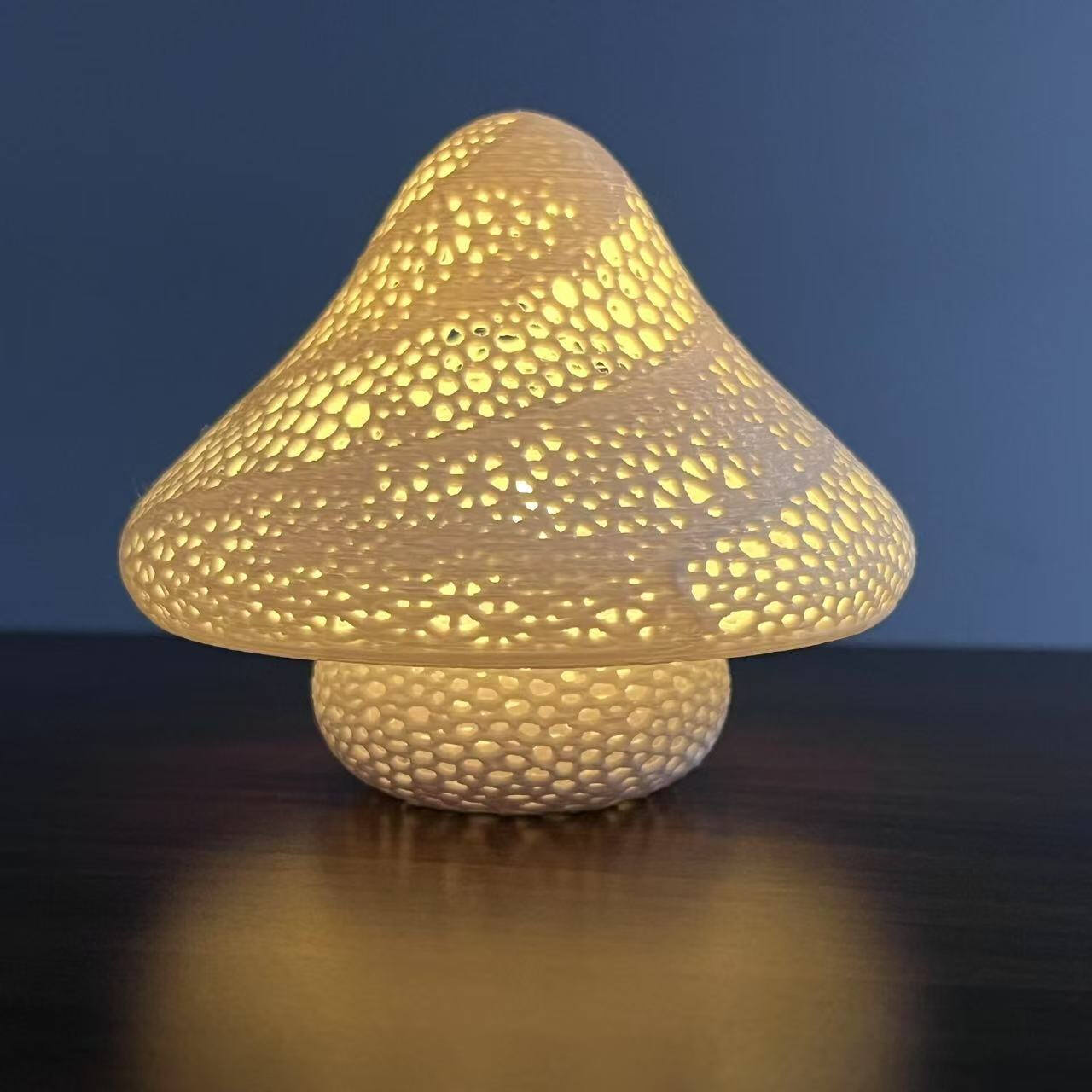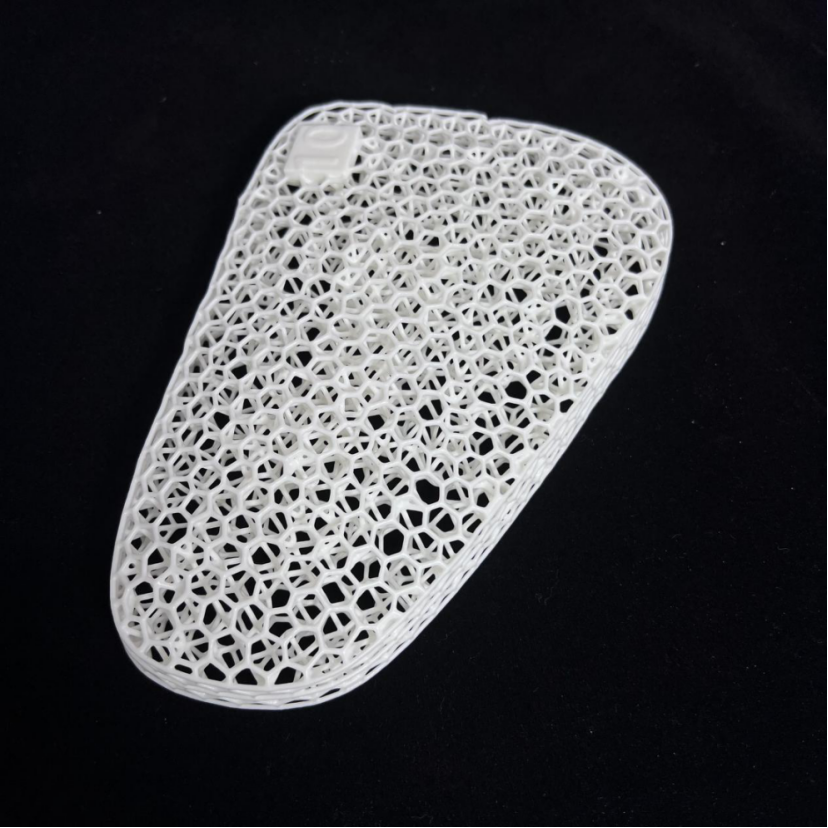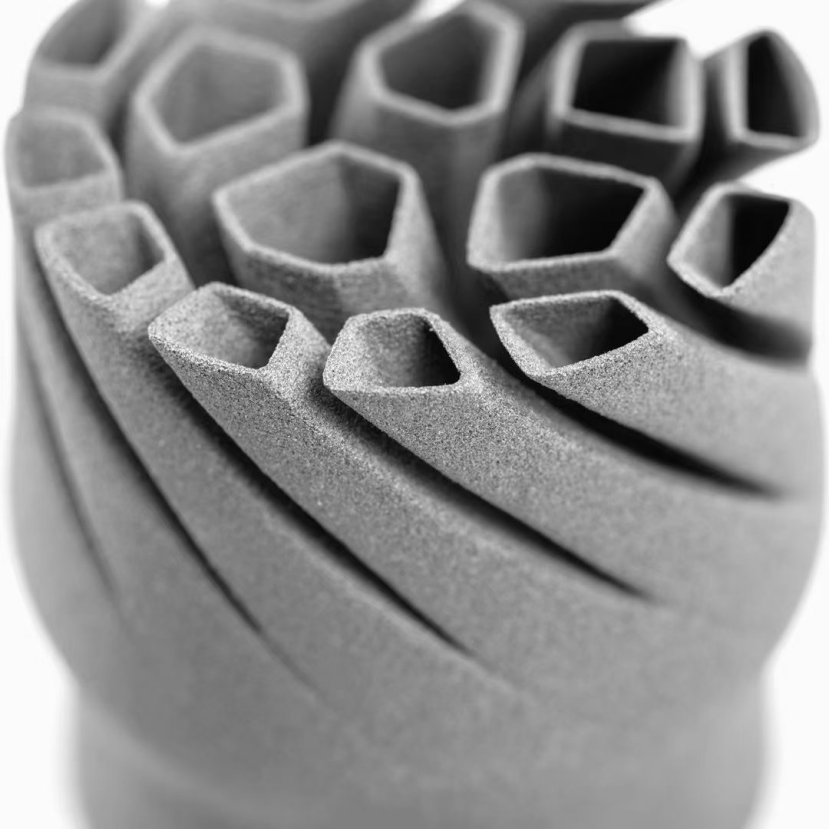rapid prototype manufacturing
Rapid prototype manufacturing (RPM) represents a revolutionary approach to product development that combines advanced technology with efficient production methods. This process enables companies to transform digital designs into physical objects quickly and accurately, utilizing various techniques such as 3D printing, CNC machining, and injection molding. RPM significantly reduces the time between initial concept and physical prototype, allowing businesses to validate designs, test functionality, and make necessary adjustments before full-scale production. The technology incorporates computer-aided design (CAD) software, which enables precise control over dimensions and specifications. Modern RPM systems can work with a wide range of materials, including plastics, metals, and composites, offering flexibility in prototype creation. The process has become instrumental in industries such as automotive, aerospace, medical devices, and consumer products, where rapid iteration and testing are crucial for product development. RPM facilities typically operate with sophisticated quality control systems, ensuring that prototypes meet exact specifications and maintain consistency across multiple iterations.


